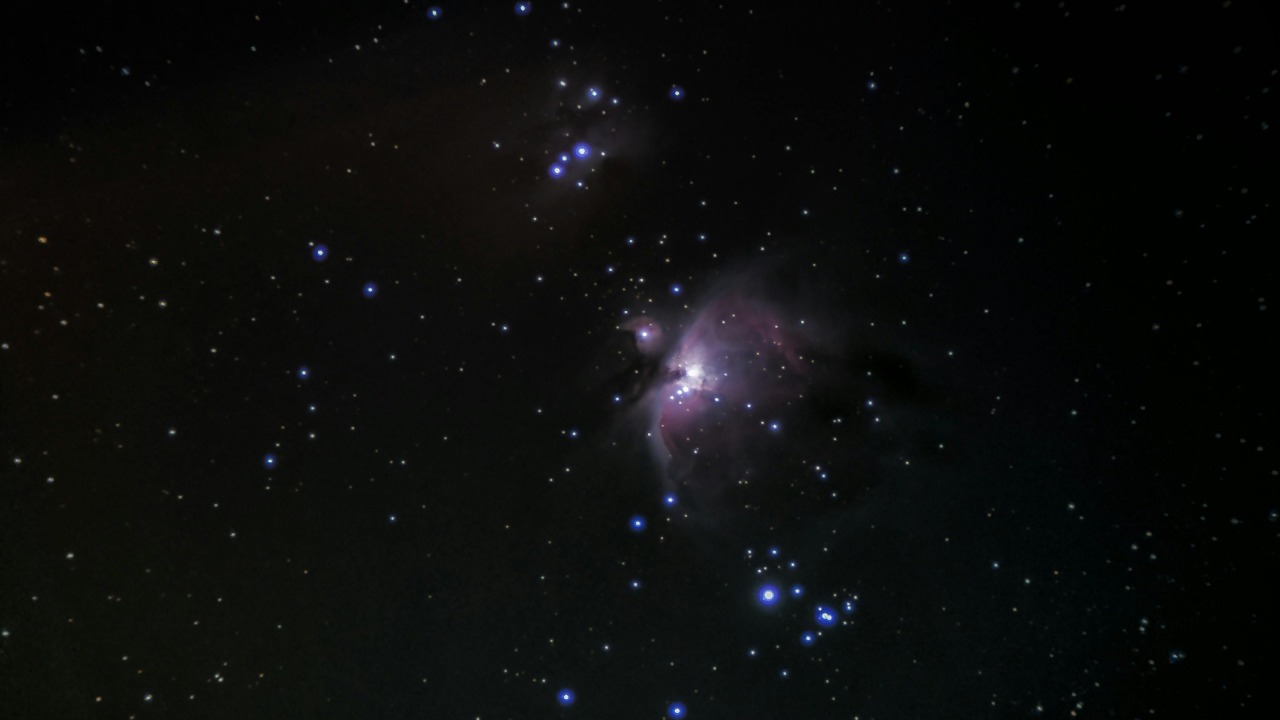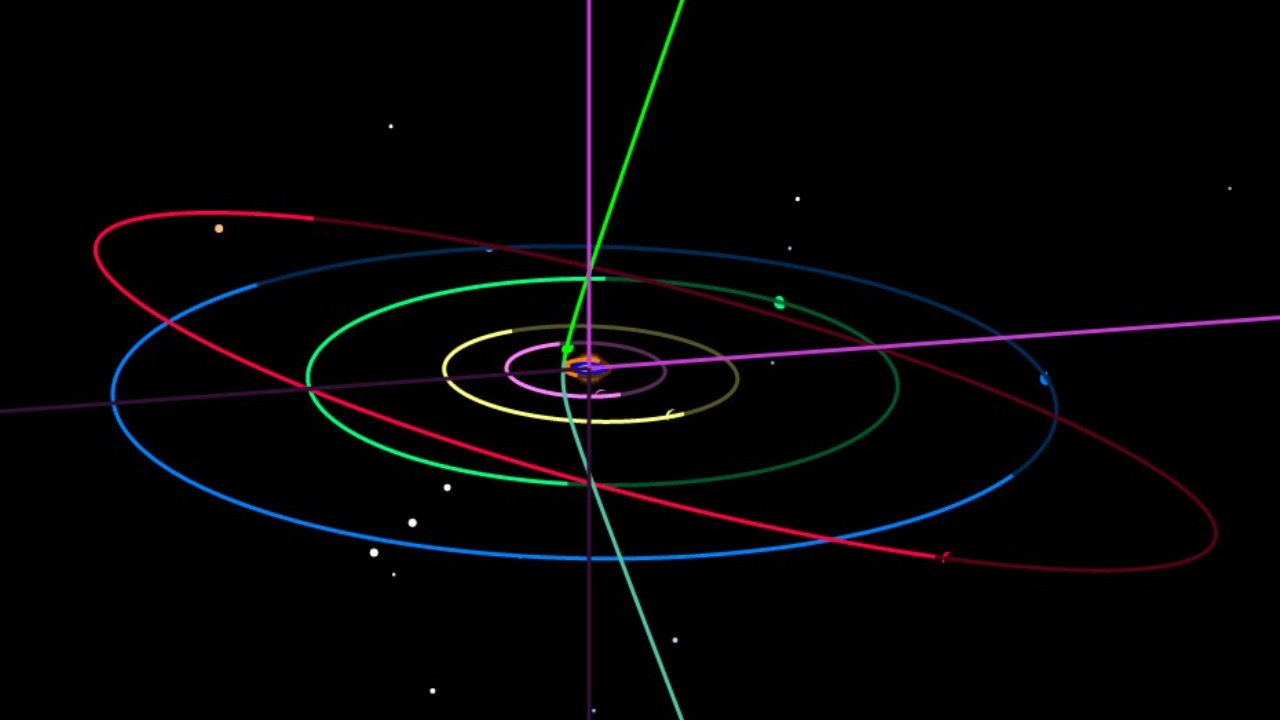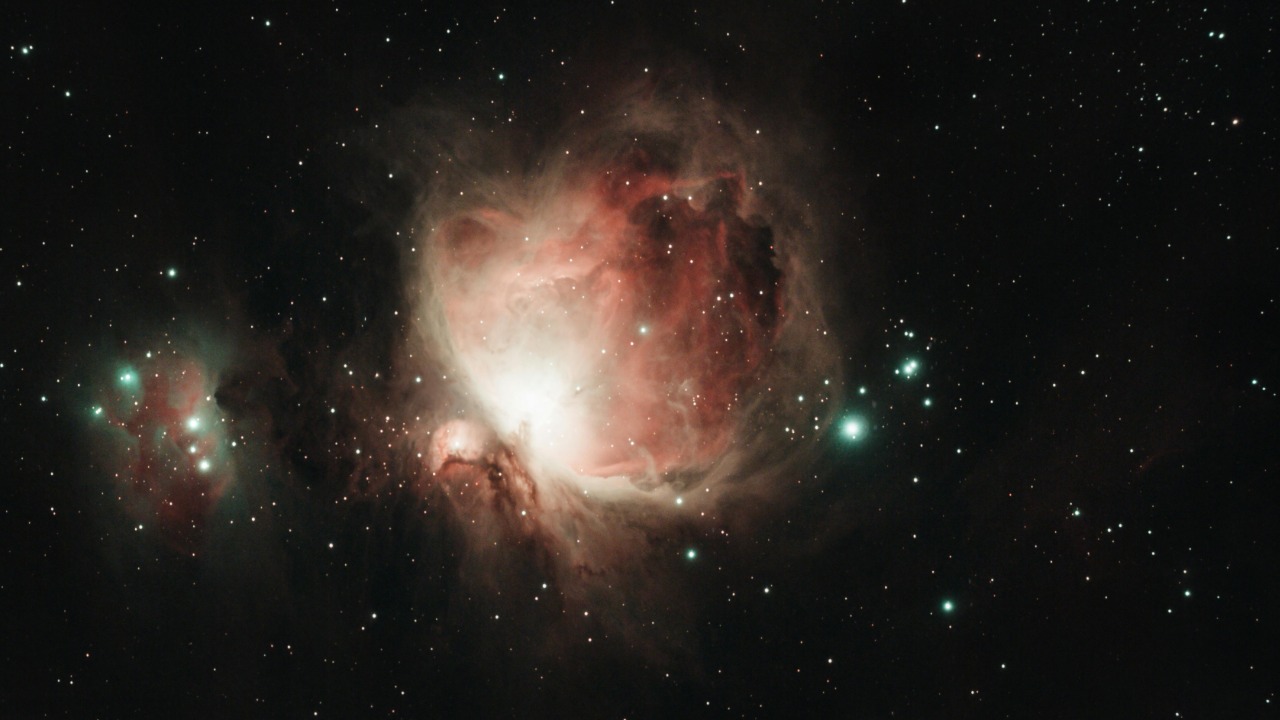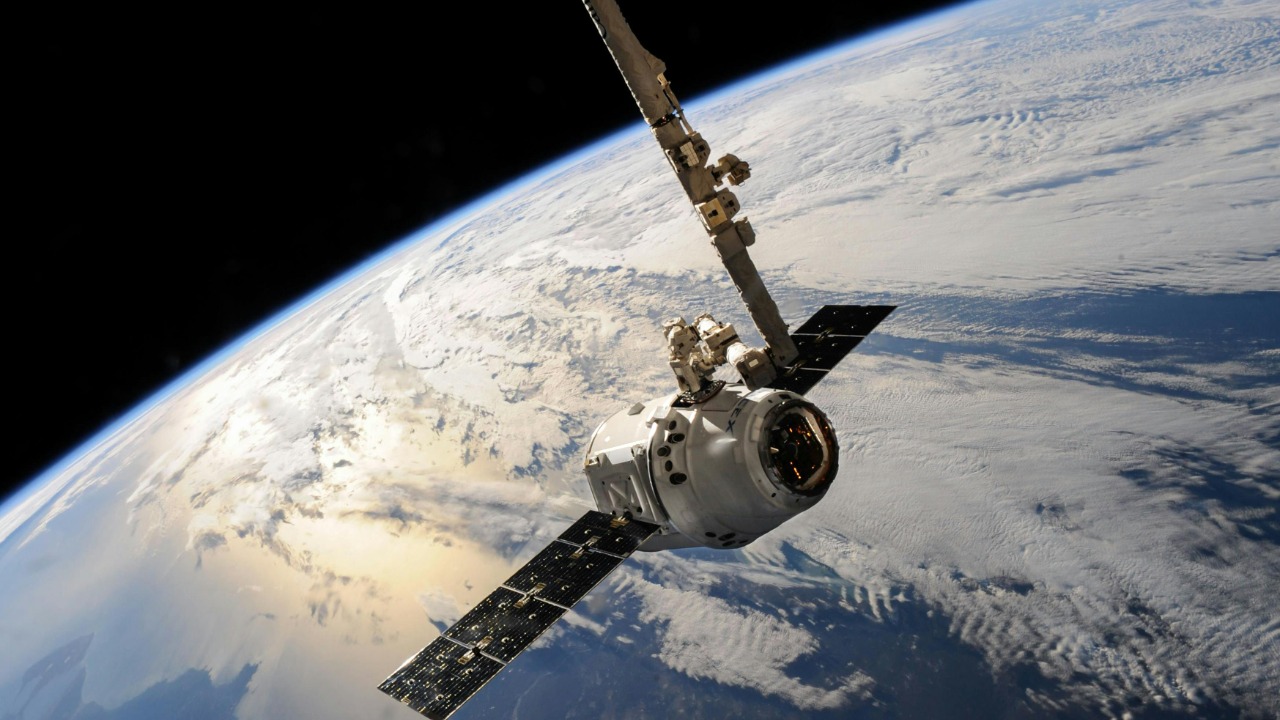NASA has been urged to pursue a mysterious interstellar object that some speculate could be an alien probe. As this enigmatic entity speeds through our solar system, scientists and enthusiasts alike are debating the significance of this discovery and its potential implications for humanity’s understanding of extraterrestrial life.
The Mysterious Object

First observed using powerful telescopes, the object in question is unlike anything previously encountered. With a shape that defies typical celestial norms, it exhibits an elongated form, causing speculation about its origins. Its trajectory suggests it is not bound by the gravitational forces within our solar system, hinting at an interstellar origin. As astronomers track its path, they are keenly aware that opportunities to study such phenomena are exceedingly rare.
Speculation about the object’s nature has sparked a flurry of theories. Some suggest it could be an alien probe, sent by an advanced civilization to explore the cosmos. Others propose more conservative explanations, such as a fragment from a distant comet or asteroid. Despite varied opinions, the object’s peculiarities have captivated the scientific community. In a realm where new discoveries challenge our understanding, the possibility of an alien probe is both thrilling and daunting.
The scientific community’s reaction has been swift and varied. While some researchers urge caution, advocating for a more measured approach, others are excitedly pursuing the potential breakthroughs such a discovery could offer. As debates unfold, the consensus emphasizes the need for further study to unravel the mysteries of this interstellar visitor.
NASA’s Involvement

NASA’s initial response to the discovery of the interstellar object was one of cautious interest. Recognizing the significance of the find, the agency quickly assembled a team to evaluate the available data. This team sought to determine the object’s potential impact on our understanding of the universe and to assess the feasibility of a mission to intercept it. While the object’s origins remain speculative, the opportunity to study it is considered invaluable.
Proposals for a mission to chase the object have emerged, though they are fraught with technological and logistical challenges. The object’s rapid speed and unpredictable path present significant hurdles. NASA is currently exploring options to deploy advanced spacecraft capable of withstanding the rigors of deep-space travel. The mission would aim to gather data on the object’s composition, trajectory, and, potentially, its origins.
The urgency of this mission cannot be overstated. As the object speeds through our solar system, time is of the essence. NASA faces a narrow window of opportunity to launch a mission before the object continues its journey beyond the reach of current technology. This urgency has galvanized the scientific community and sparked discussions about prioritizing such missions in the future.
Public and Media Reaction

The global media has seized upon the story, generating a wave of coverage that spans continents. Outlets have presented a wide range of perspectives, from cautious optimism to outright skepticism. The media’s fascination with the potential of alien life has captivated audiences and fueled debates over the likelihood of the object being an extraterrestrial probe.
Public interest has surged, driven by the excitement of potentially discovering alien life. Discussions on social media platforms have exploded, with users sharing theories, hopes, and skepticism. This newfound enthusiasm highlights humanity’s enduring curiosity about our place in the universe and the possibility of life beyond Earth.
However, not everyone is convinced. Voices of skepticism and criticism have emerged, questioning the scientific basis for claims of an alien probe. Some experts argue that more mundane explanations are likely, citing the lack of concrete evidence to support more sensational theories. This skepticism serves as a reminder of the importance of rigorous scientific inquiry in the face of extraordinary claims.
Scientific and Philosophical Implications

The potential discovery of an alien probe would have profound implications for our understanding of life beyond Earth. It would offer the first tangible evidence of extraterrestrial intelligence, reshaping our knowledge of the universe. Such a discovery could revolutionize fields of study, from astrobiology to cosmology, and inspire future generations to explore the cosmos.
A mission to study the object could drive technological innovation, spurring advancements in spacecraft design and deep-space exploration. The challenges posed by this endeavor would necessitate cutting-edge solutions, potentially unlocking new capabilities for future missions. These technological advances could pave the way for more ambitious exploration efforts, expanding humanity’s reach into the stars.
Beyond the scientific and technological implications, the discovery raises profound philosophical questions. It challenges us to reconsider our place in the universe and our relationship with other potential life forms. The possibility of extraterrestrial intelligence invites us to reflect on what it means to be human and how we might engage with civilizations beyond our own.
Future Prospects

This event could have lasting effects on the future of space exploration, influencing long-term exploration plans and the search for extraterrestrial life. As we look to the future, the potential for discovering alien life becomes a driving force behind scientific inquiry and exploration. The lessons learned from this encounter could inform the design of future missions and guide our efforts to reach further into the cosmos.
International collaboration and funding will play a crucial role in pursuing such ambitious endeavors. By pooling resources and expertise, nations can overcome the challenges posed by deep-space exploration and increase the likelihood of success. These efforts will require not only financial investment but also a shared commitment to advancing our understanding of the universe.
The search for extraterrestrial life continues, fueled by the mysteries that lie beyond our current understanding. As we explore the universe, we remain driven by the possibilities that await us, forever seeking to expand the horizons of human knowledge. With each new discovery, we inch closer to answering the age-old question: Are we alone in the universe?